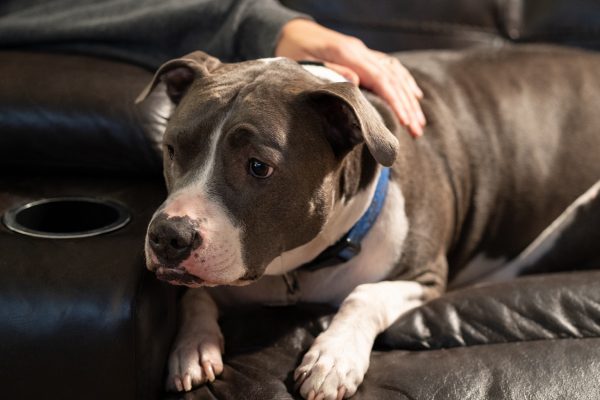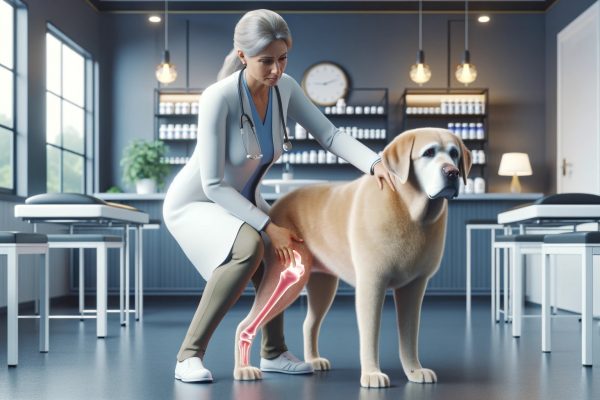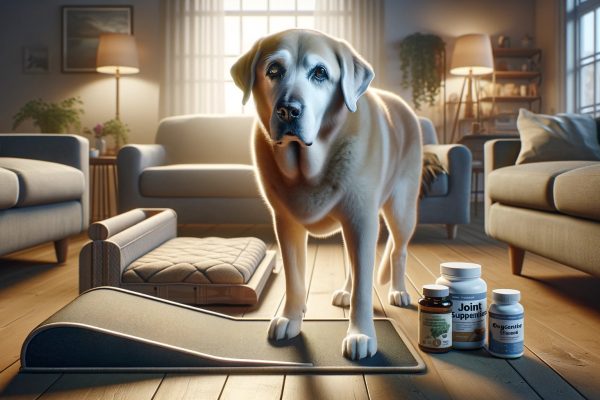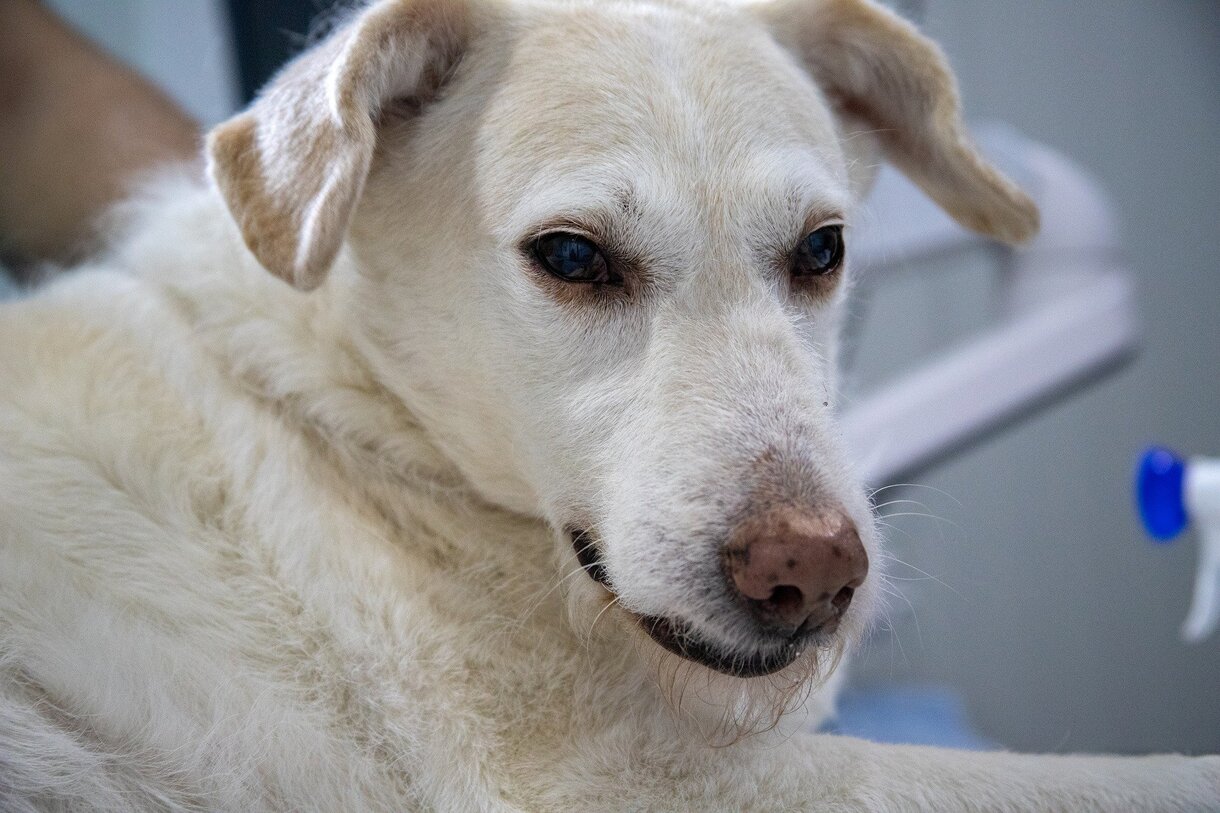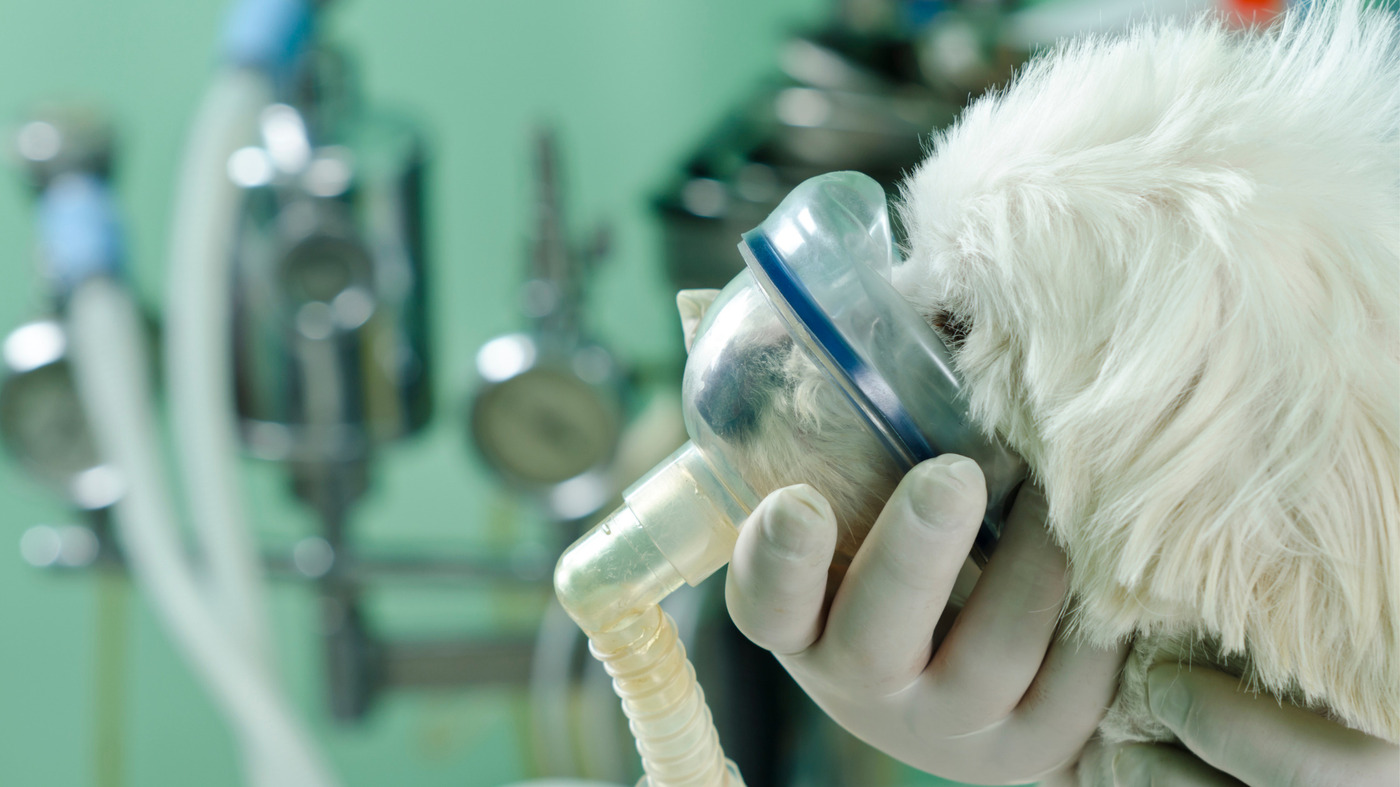Home>Health & Wellness>Common Health Issues>Liver Health>Liver Care for Senior Dogs: Understanding and Managing Liver Problems


Liver Health
Liver Care for Senior Dogs: Understanding and Managing Liver Problems
Published: November 22, 2023
As our furry friends enter their senior years, liver problems may arise. Learn all about these issues from causes to symptoms, plus valuable tips on how you can manage them better!
(Many of the links in this article redirect to a specific reviewed product. Your purchase of these products through affiliate links helps to generate commission for Pawsomeoldies.com, at no extra cost. Learn more)
As our canine companions enter their golden years, they may face various health challenges, including liver problems. Understanding these issues and knowing how to manage them can significantly improve the quality of life for our old dogs. This guide will explore the causes, symptoms, and management of liver problems in senior dogs, providing valuable insights for pet owners.
Uncovering the Causes of Liver Problems in Senior Dogs
Liver problems in older dogs can arise from several factors, each affecting liver function in different ways.
- Age-Related Degeneration: Just like other organs, the liver can degenerate with age, leading to decreased functionality.
- Infections and Diseases: Conditions like hepatitis, leptospirosis, or cancer can impair liver health.
- Toxic Substances: Exposure to toxic substances, including certain medications, can damage the liver.
- Poor Diet: A diet lacking in essential nutrients or high in fats can contribute to liver issues.
Spotting the Symptoms: When to Be Concerned
Early detection of liver problems can make a significant difference in management and treatment.
- Jaundice: Yellowing of the skin, eyes, and gums.
- Lethargy: Decreased energy levels and disinterest in activities.
- Appetite Changes: Loss of appetite or sudden weight loss.
- Increased Thirst and Urination: Changes in drinking and urination habits.
- Abdominal Swelling: Due to fluid accumulation.
Management and Treatment: Supporting Your Dog’s Liver Health
Effective management of liver problems in senior dogs often involves a combination of medical treatment and lifestyle changes.
- Veterinary Care: Regular check-ups and blood tests to monitor liver function.
- Medication: Depending on the cause, medications may be prescribed to manage symptoms and improve liver function.
- Dietary Adjustments: A balanced diet, often low in protein and high in essential nutrients, can support liver health.
- Supplements: Milk thistle and SAMe are popular supplements known to aid liver function.
Pawsitive Outcomes: Embracing the Golden Years
While liver problems in senior dogs can be a concern, with the right care and attention, your furry friend can still enjoy their golden years. Regular veterinary visits, a healthy diet, and your loving care can make all the difference.
Frequently Asked Questions
- Can liver problems in old dogs be cured?
- While some liver problems can be managed or reversed, others may be chronic. Regular veterinary care is essential.
- What should I feed my dog with liver problems?
- A diet low in protein and high in essential nutrients is often recommended. Consult your vet for specific dietary advice.
- Are liver problems in old dogs painful?
- Dogs may not show pain as humans do, but symptoms like lethargy and appetite loss can indicate discomfort.
- How can I prevent liver problems in my dog?
- Regular veterinary check-ups, a balanced diet, and avoiding exposure to toxins can help maintain liver health.
- Is it common for old dogs to have liver problems?
- Liver issues can be more common in senior dogs due to age-related changes and increased susceptibility to certain diseases.
